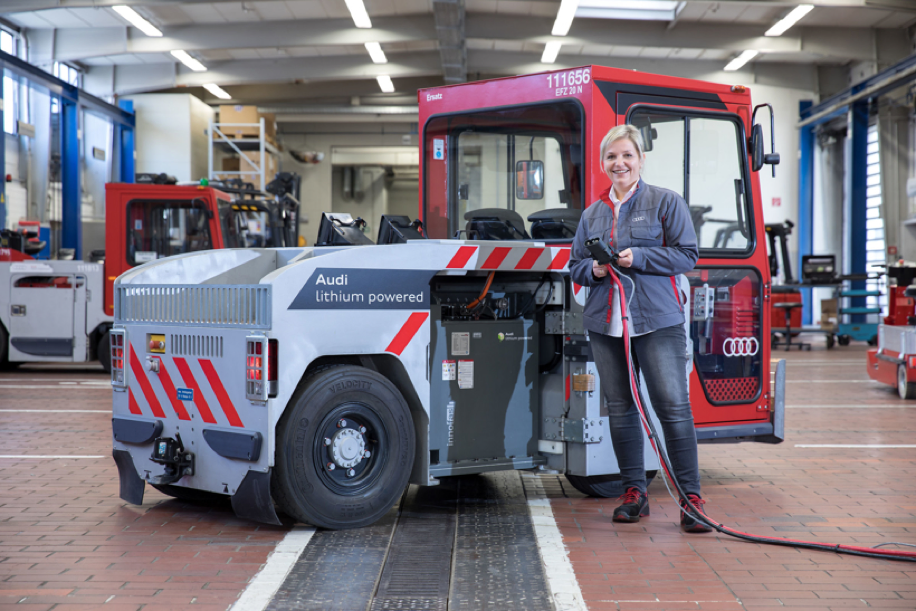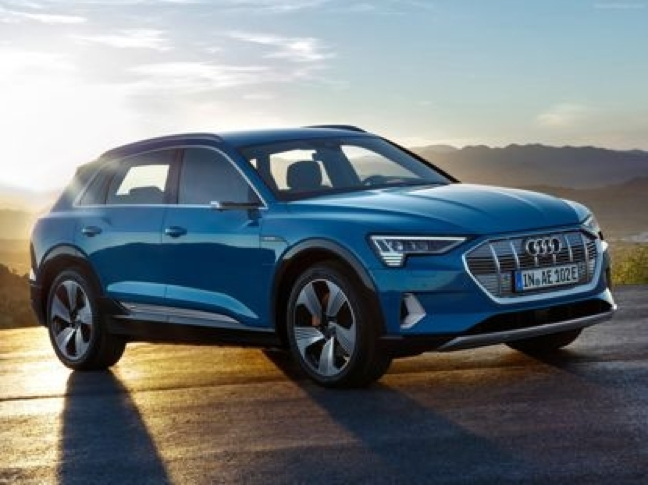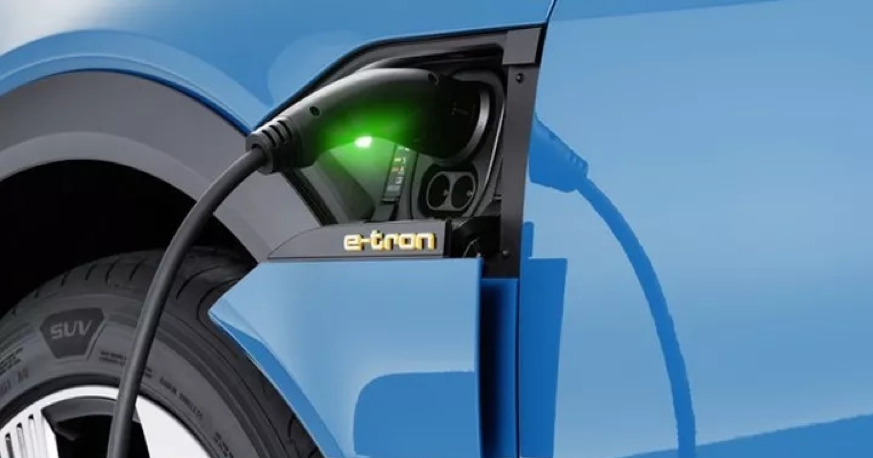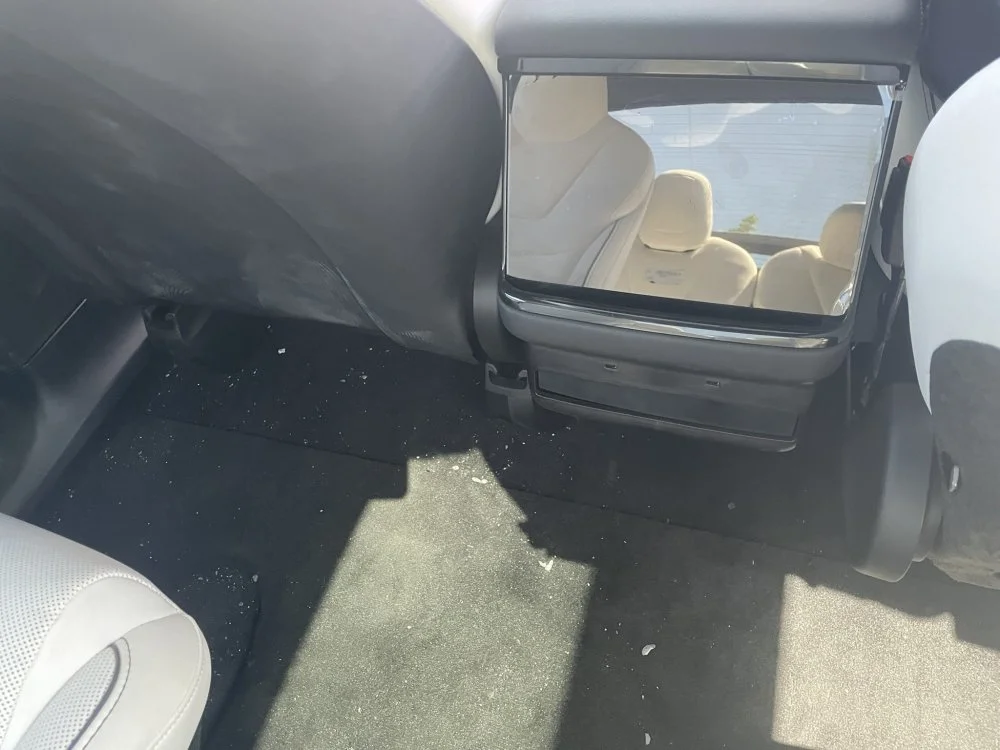In addition to Weibo, there is also WeChat
Please pay attention

WeChat public account
AutoBeta


2024-11-21 Update From: AutoBeta autobeta NAV: AutoBeta > News >
Share
AutoBeta(AutoBeta.net)03/08 Report--
According to foreign media reports, Audi is now at its main factory in Ingolstadt, Germany, mainly testing factory vehicles powered by waste lithium-ion batteries. Like other manufacturers, Audi is required by law to recycle batteries from electric vehicles because they still have good original charging capacity and can be recycled, so an Audi interdisciplinary team is studying how to continue to make rational use of batteries from Audi e-tron test cars or hybrids. During the testing phase, however, the obvious benefits of reusing the battery have emerged.

So far, Audi factory forklifts, tractors and other factory vehicles have been powered by lead-acid batteries, after all, lead-acid batteries in transportation, communications, electricity, military navigation, aviation and other economic fields, have played an indispensable role. When the battery runs out, employees will unload the 2-ton battery from the car and send the battery to the charging station to recharge for a few hours, so it will feel cumbersome on the basis. Therefore, the lithium-ion battery is studied precisely because the lithium-ion battery can allow the vehicle to charge directly in the parking place during the normal downtime such as the factory shift break, which not only saves a lot of space, but also eliminates the need for manual and manual labor to replace the battery. if Audi succeeds in its research and development, it will replace the batteries of the car fleet in 16 production bases around the world, which can save millions of dollars.


The Audi e-tron battery is mainly composed of 36 separate battery modules, mounted between the axles, that is, below the passenger seat, in a flat, wide shape. After the lithium-ion battery is recycled, the project team will carefully check whether each module can continue to be used, and if so, install 24 battery modules in each new battery holder. The battery module is the same size and weight as the lead-acid battery originally used in factory vehicles, so the company does not need to modify the vehicle.
In the future, professional employees can be responsible for the assembly of secondary batteries in Audi's battery center. This is not only convenient but also saves a lot of manual labor.
The members of the project are mainly from production, logistics and R & D departments, and the field of reusing waste battery modules has been used for two years. After the success of the first test, the project team tested the first batch of modified factory vehicles in daily life. This pioneering project is one of many projects Audi is more reasonably and efficiently committed to using electric vehicle batteries. In addition, the used battery modules can also be used in electric vehicles' mobile charging containers and fixed energy storage systems.
In Audi's recycling concept: if the battery life cycle is over, the value of the battery will flow into the new product and continue to be used and recycled many times to highlight the value.
Welcome to subscribe to the WeChat public account "Automotive Industry Focus" to get the first-hand insider information on the automotive industry and talk about things in the automotive circle. Welcome to break the news! WeChat ID autoWechat
Views: 0
*The comments in the above article only represent the author's personal views and do not represent the views and positions of this website. If you have more insights, please feel free to contribute and share.











© 2024 AutoBeta.Net Tiger Media Company. All rights reserved.